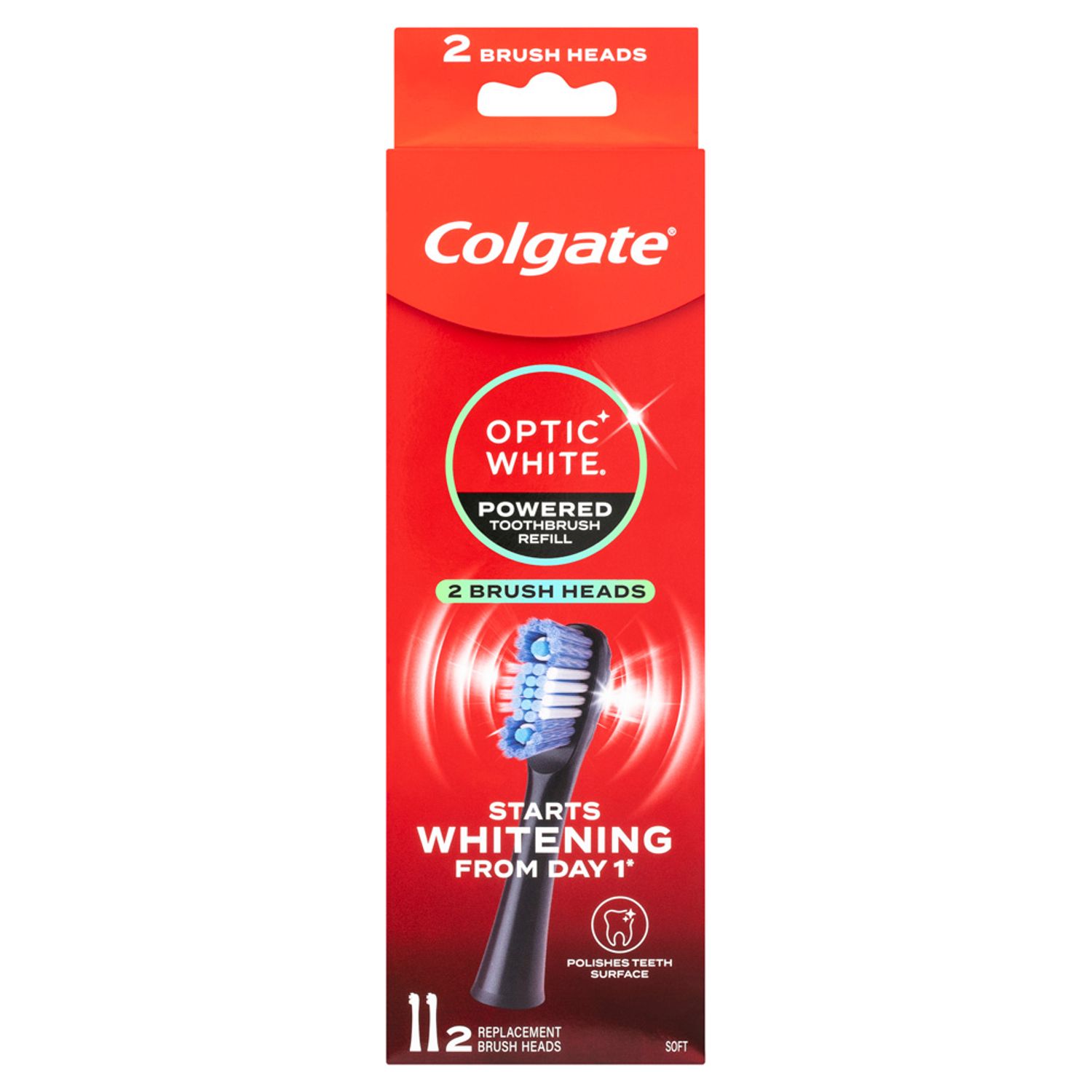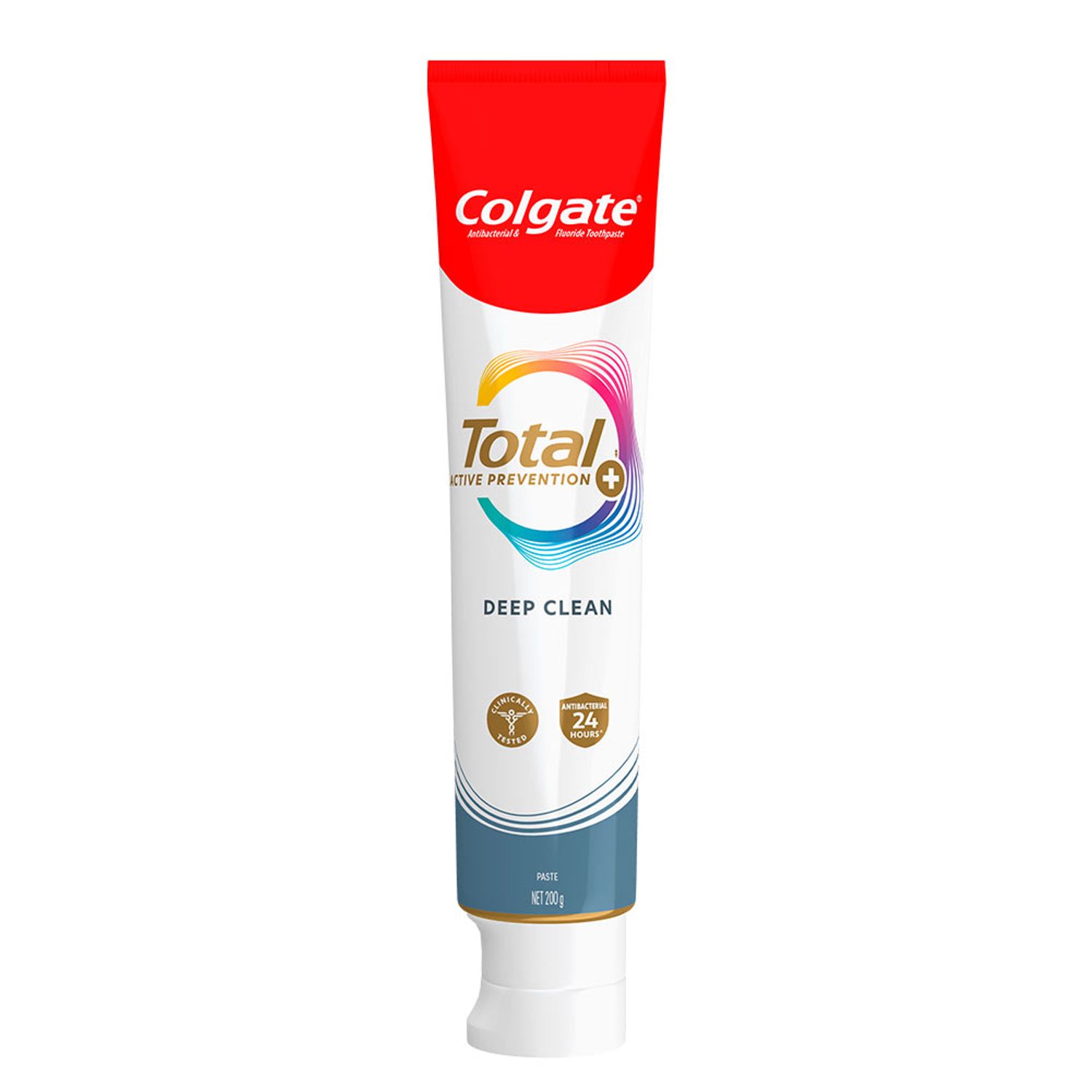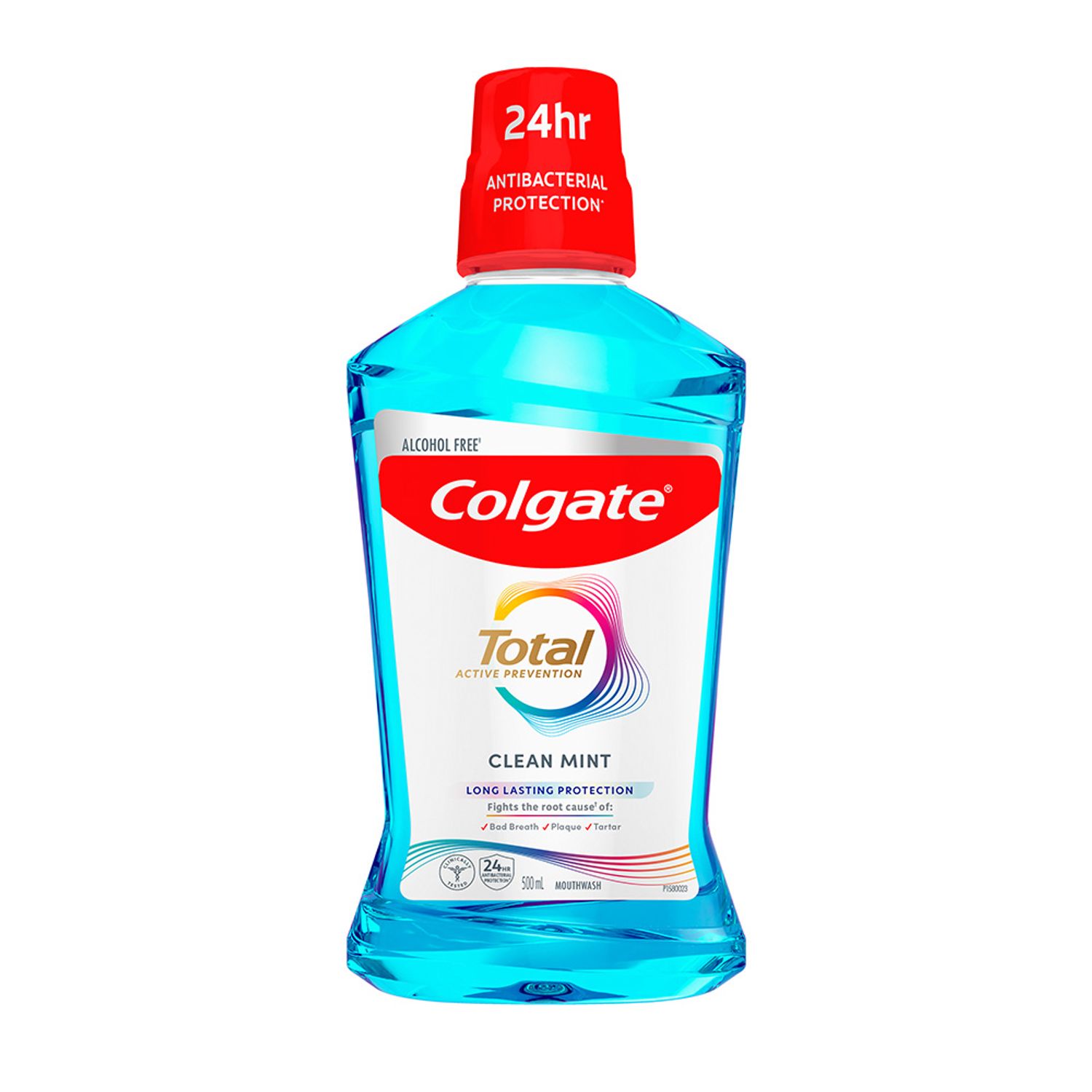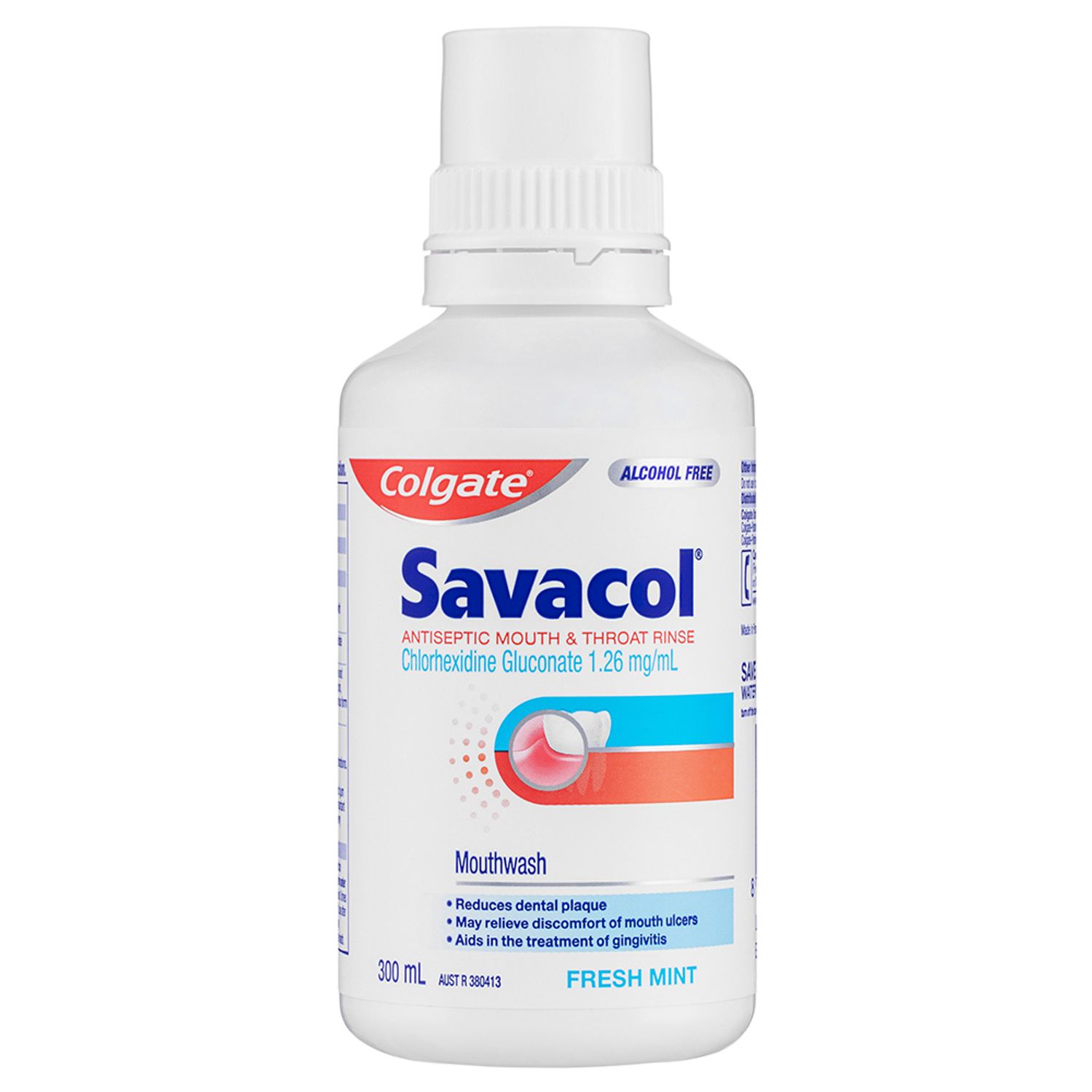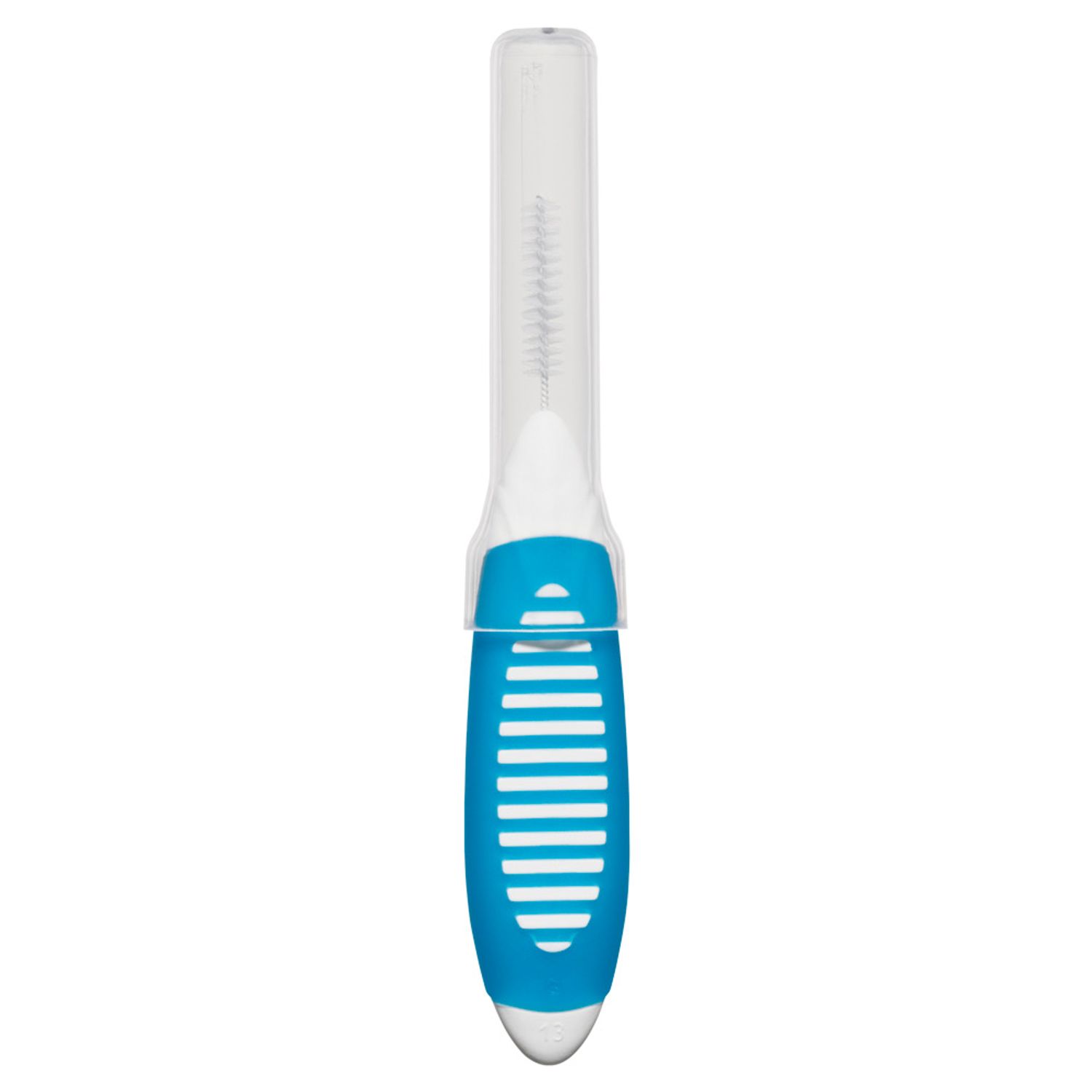-
-

BRUSHING & FLOSSING
How to BrushWhat Is the Right Way to Brush?
Proper brushing takes at least two minutes — that's right, 120 seconds!...

BRUSHING & FLOSSING
How To FlossWhat is the Right Way to Floss?
Proper flossing removes plaque and food particles in places where a toothbrush cannot easily reach... -
Science & Innovation
- Colgate® | Toothpaste, Toothbrushes & Oral Care Resources
- Oral Health
- What A Gum Boil Could Mean For Your Dental Health | Colgate®


You can bring water to a boil, or make a hardboiled egg, or even whip up a seafood boil. All are good boils in their own right, but a gum boil? You'll want to pass! These bumps look like pimples, but they are serious and require treatment. Check out the types, causes, and symptoms below — and be sure to check with your dentist if you think you have a gum boil.
What is a gum boil?
A gum boil is another term for a dental abscess. Health Direct explains that an abscess develops when there is a bacterial infection and a build-up of pus. This build-up can happen at the end of the tooth root (a peri-apical abscess) or in the gums or other structures that hold the teeth in place (a periodontal abscess).
Causes and symptoms of a gum boil or abscess
According to Health Direct, the infections that lead to abscesses can be caused by severe tooth decay or gum disease, or a dental injury like a chipped or broken tooth.
The Queensland Government says that symptoms of a dental abscess can include:
- Toothache
- Pus
- Red, swollen gums
- A bad taste in your mouth
- Bad breath
- Fever
- Teeth sensitivity (e.g. to hot or cold food and drink)
- Swollen glands in the neck
- Swelling in the upper or lower jaw
- Difficulty swallowing or opening your mouth
- Nausea or vomiting
Treating a gum boil or abscess
An abscess will not get better on its own and requires prompt treatment. The infection can spread to your jawbone and other areas of your body, so it's important to make an appointment with your dental professional quickly. Health Direct says that abscess treatment may involve:
- Prescribing antibiotics if the infection has spread systemically.
- Draining the abscess by making a small cut.
- Performing a root canal treatment if the abscess stems from the root of the tooth.
- Removing the tooth if it can't be saved.
If you have swelling in the jaw, neck or throat, or you're unable to eat, speak or swallow properly, make an urgent dental appointment or report to the hospital emergency department. If you're having difficulty breathing, call Triple Zero (000) immediately.
Keeping your gums healthy
Keeping your gums in good shape will reduce your chances of bacterial infections and ultimately prevent gum (periodontal) abscesses from forming. You can help to prevent abscess formation from your teeth and gums with positive oral hygiene habits, including:
- Brushing twice a day with a fluoride toothpaste.
- Flossing daily.
- Avoiding tobacco usage.
- Scheduling regular dental checkups.
- Getting treatment quickly if you chip or break your tooth.
Nobody wants the complications that come with a gum boil. Master your at-home oral care and check in regularly with your dental professional, and you should be able to keep dental abscesses absent from your mouth.
Related Articles
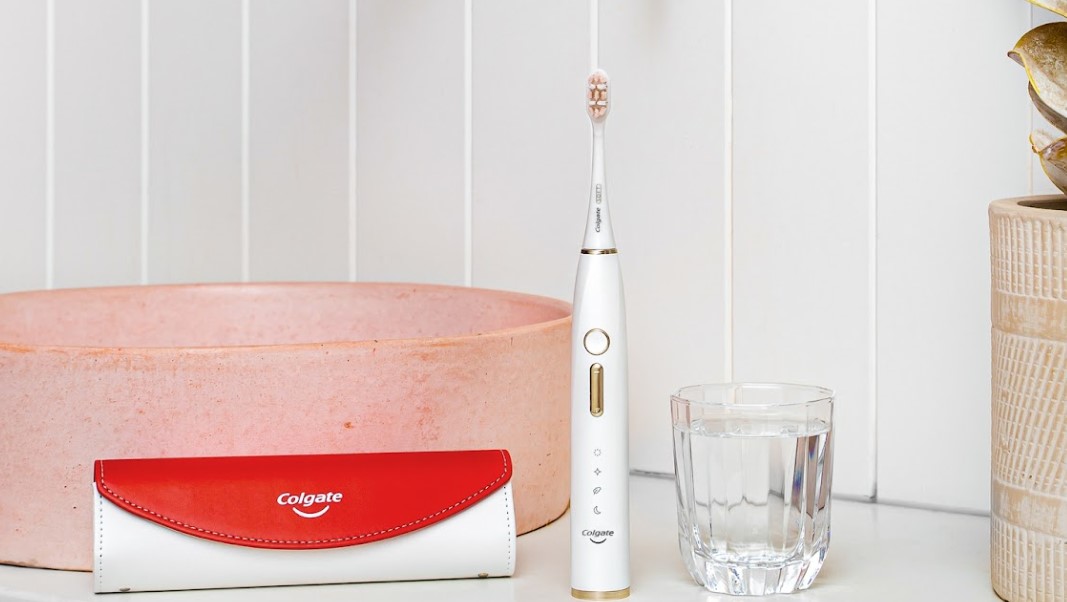
Electric or Manual Toothbrushes, which one is better? Learn their differences, considering their effectiveness in dental health and oral hygiene.

Gingivitis is the first stage of gum disease. Knowing the warning signs can help you treat it quickly and prevent more serious issues. Learn more here.

Electric toothbrushes are a fantastic investment into your oral health, especially if you wear braces. Learn about electric toothbrushes for braces in this guide.
This article is intended to promote understanding of and knowledge about general oral health topics. It is not intended to be a substitute for professional advice, diagnosis or treatment. Always seek the advice of your dentist or other qualified healthcare provider with any questions you may have regarding a medical condition or treatment.
Related Products

Helping dental professionals
More professionals across the world trust Colgate. Find resources, products, and information to give your patients a healthier future

